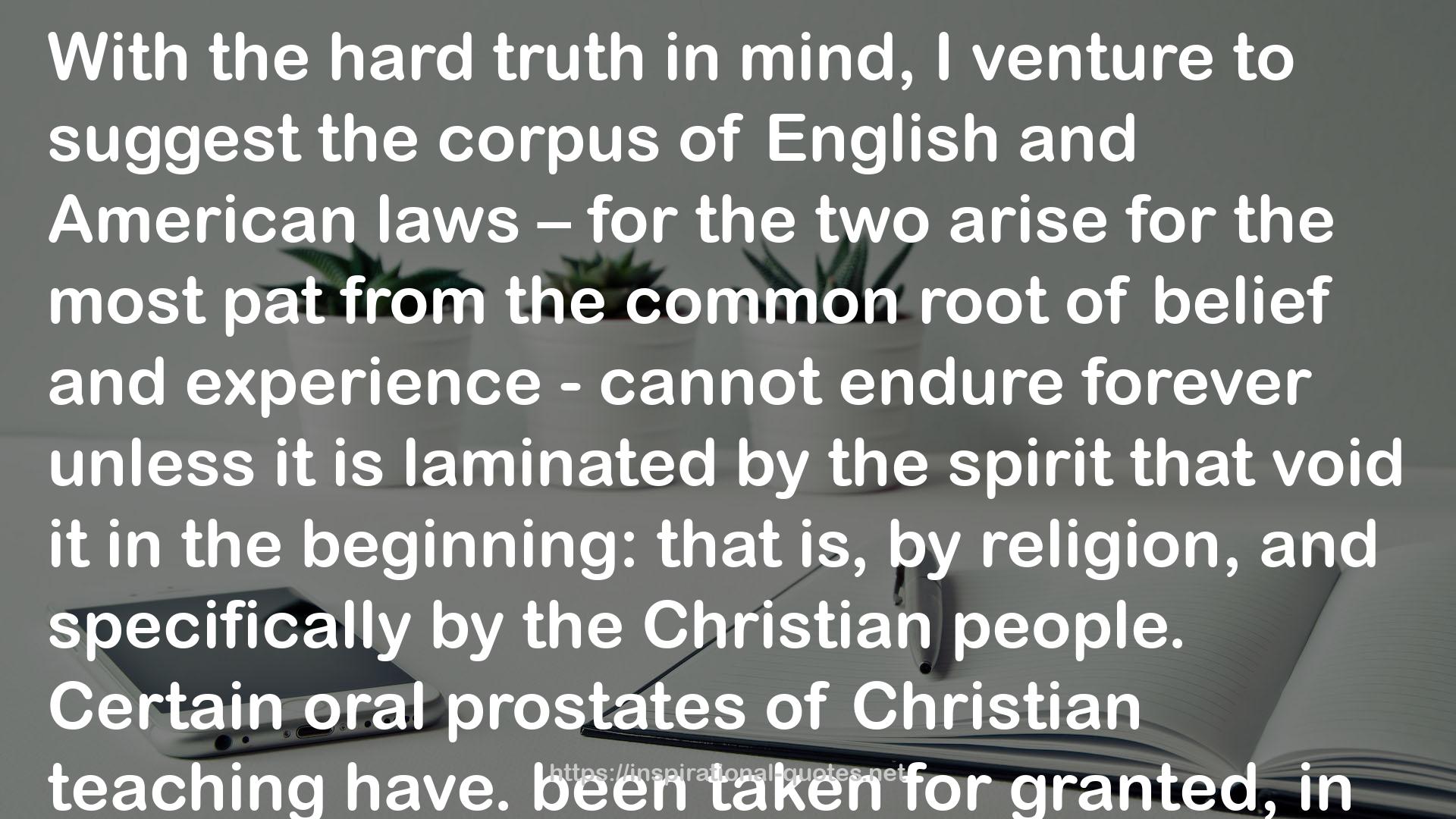Rights And Duties: Reflections On Our Conservative Constitution QUOTES
SOME WORKS
- Spurgeon's Calvinism
- The Pastor In Prayer
- Spurgeon's Sermons Volume 5: 1859 - New Century Edition with DirectLink Technology
- God's Promises (Annotated): Of Salvation, Life, and Eternity
- Being God's Friend
- Spurgeon's Verse Exposition Of Romans: The Expansive Commentary Collection
- Peace and Purpose in Trial and Suffering
- Spurgeon on Prayer Spiritual Warfare
- The Beatitudes: 8 Sermons
- The Complete Works of Charles Spurgeon - Volume 1, Sermons 1-53

